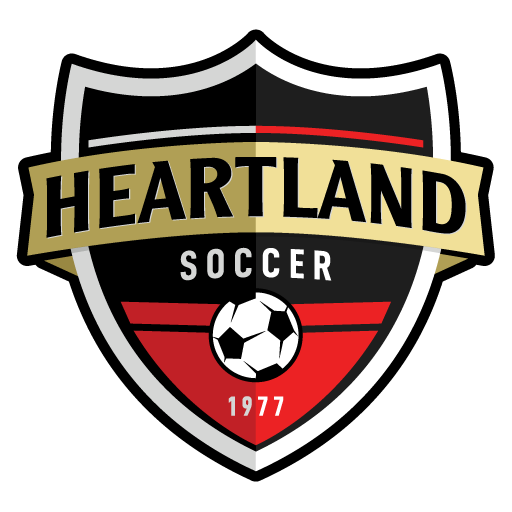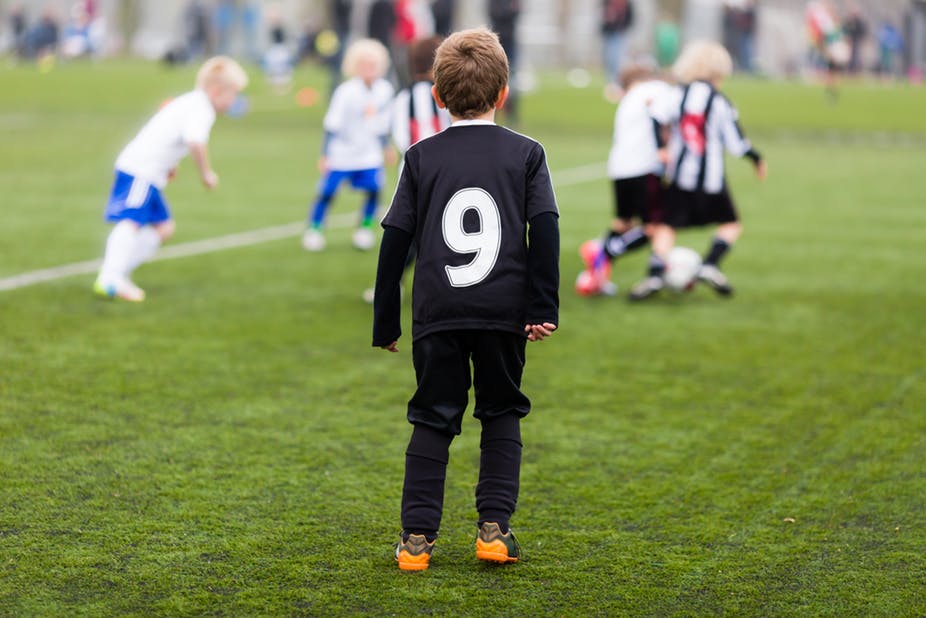Spring can be a peak time for injuries as people rush back into warm weather sports without being properly prepared, an expert says.
“Many weekend warriors either may not be exercising during the week, or if they are, they’re not exercising in ways that help prevent injury before going full force into a weekend of playing sports,” Dr. Justin Connor, pediatric orthopedic surgeon and sports medicine specialist at Overland Park Regional Medical Center
“In these adults, I see a lot of acute tendon or muscle injuries, such as a torn Achilles tendon or a pulled hamstring. Teens tend to have a lot of overuse injuries. Many teen athletes play multiple sports or play the same sport on multiple teams, so they’re at risk for tendonitis, stress fractures and shin splints,” Dr. Connors says.
He offers a number of injury prevention tips.
“Weekend warriors and recreational athletes should include some type of athletic training during the week, ideally twice a week, to help strengthen the muscles they use in their dominant sport,” Dr. Connors says.
Even working out once a week can decrease the likelihood of injury. Training should mimic the sport played and include more explosive types of exercises, such as jumping rope, lifting weights or sprint intervals, he recommends.
Teenagers who play sports multiple days in a row need to take time off for recovery too. Dr. Connors recommends that teens relax and let their muscles and tendons rest on days off.
Besides helping to prevent injury, there’s an extra benefit from rest – a positive impact on performance.
“Teens also should strive for good nutrition to properly fuel their bodies. They should eat meals between practices that include vegetables and lean proteins and stay well hydrated with water and sports drinks,” Dr. Connors says.
It’s important to make sure any injury is fully healed before heading back to play. Going back too soon puts athletes at risk of repeat injuries.
But, he said it’s sometimes hard to tell the difference between an injury and soreness. A little soreness for a few days is normal.
“In general, be aware of what feels or sounds like a ‘snap’ or ‘pop,’ or any swelling or pain that gets worse. These usually indicate an injury that needs medical attention,” Dr. Connor says.
HCA Midwest Health is the official healthcare provider for Heartland Soccer Association and we work with parents and coaches to keep athletes safe and on the field of play year round, learn more about our services at www.hcamidwest.com

